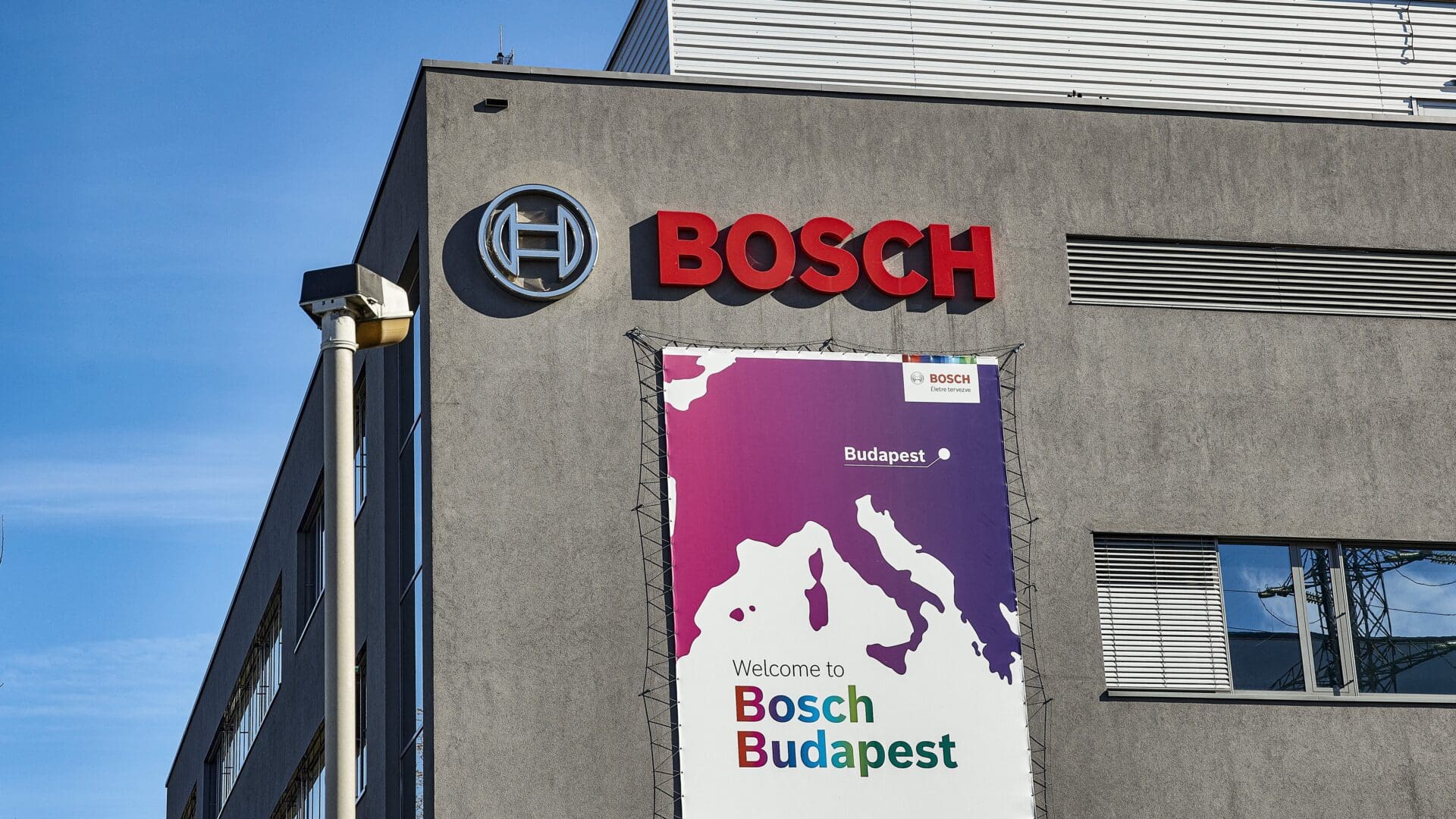According to plans, the Bosch Group will incorporate artificial intelligence (AI) technology into all its products and services either from the start or through development and manufacturing processes, the company announced on Monday.
Originally, the company set 2025 as the target year for this goal, but it is on track to achieve it two years earlier.
In the past five years, Bosch has filed patent applications for over a thousand inventions related to artificial intelligence,
placing it among Europe’s leading patent applicants, according to the statement Bosch’s AI experts. Both the research and business sectors are working on specific applications that leverage the possibilities offered by new AI models. Currently, the experts are examining approximately 60 potential usages, which the company plans to utilise if the results are favourable. The statement also mentioned that Bosch has over 300 AI researchers. The company emphasised that AI has been considered a driver of development and growth for some time now, and in the coming years, Bosch plans to increase the revenue from AI-compatible products to €1 billion.
AI-based developments are also a focal area of the Hungarian branch of the Bosch Group.
The company employs this technology in various areas at its Hungarian sites, playing a significant role in manufacturing processes, whether it is data analysis for production optimisation, optical inspection of certain processes, or planning maintenance for production line equipment. Artificial intelligence also plays a crucial role in Bosch’s extensive educational collaborations.
At the end of 2022, the Bosch Group employed over 18,300 workers in Hungary, 1,300 more than the previous year.
In 2021, the annual revenue of the Bosch Group in Hungary increased by 32 per cent to 2.255 billion forints. Last year, the company invested 155 billion forints in Hungary, a 55 per cent increase from the previous year, with 112 billion forints allocated to research and development.
In February, Bosch announced that the company is expected to invest another 70 billion forints in Hungary. The investment will be focused on developing new technologies for automotive components, particularly for electric and self-driving vehicles. The expansion is expected to create around 650 new jobs in Hungary and will be supported by the Hungarian government through tax incentives and other forms of assistance. The investment is part of a broader strategy by Bosch to increase its global production capacity for automotive components and position itself as a leader in the growing market for electric and autonomous vehicles.
Related articles:







